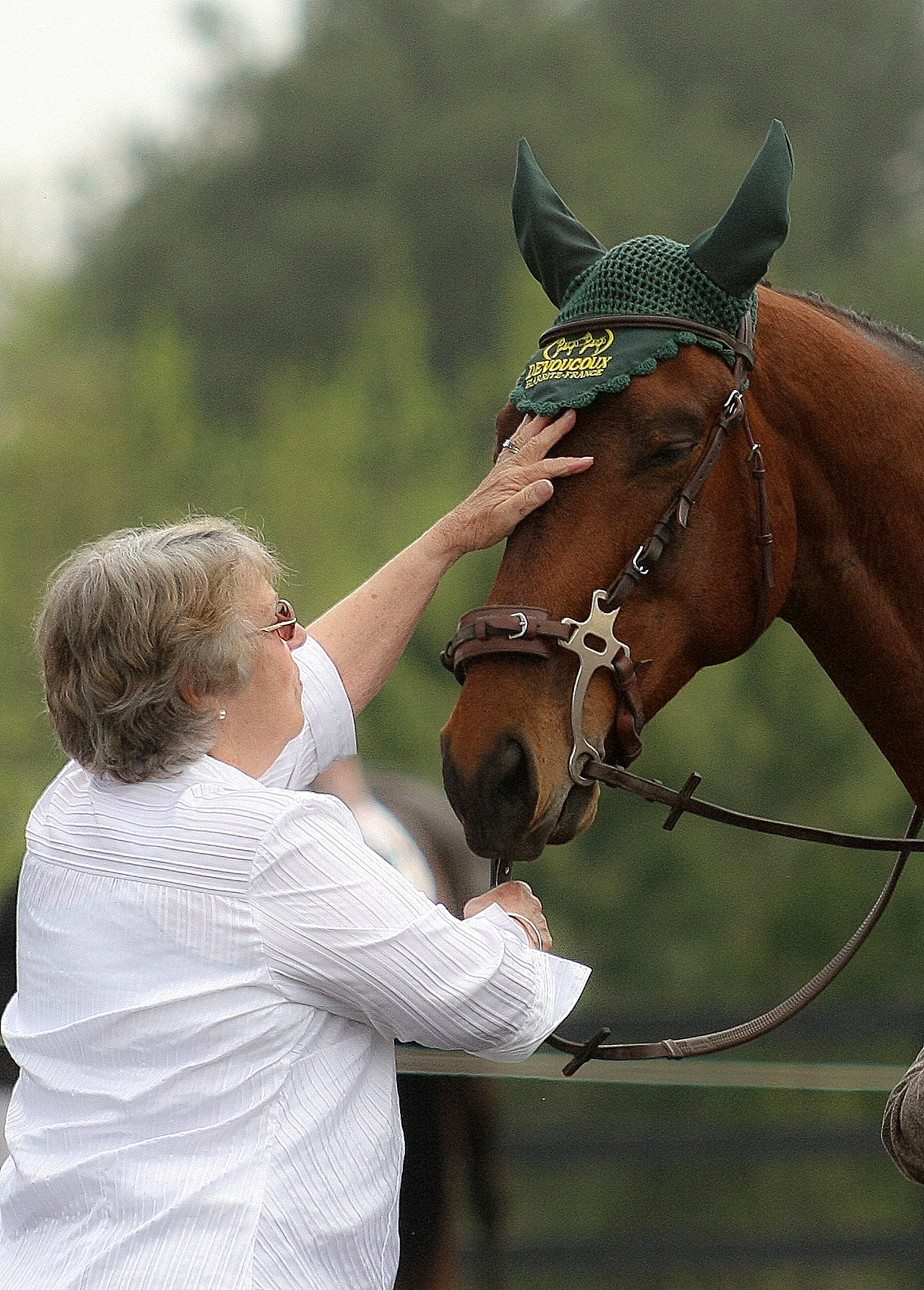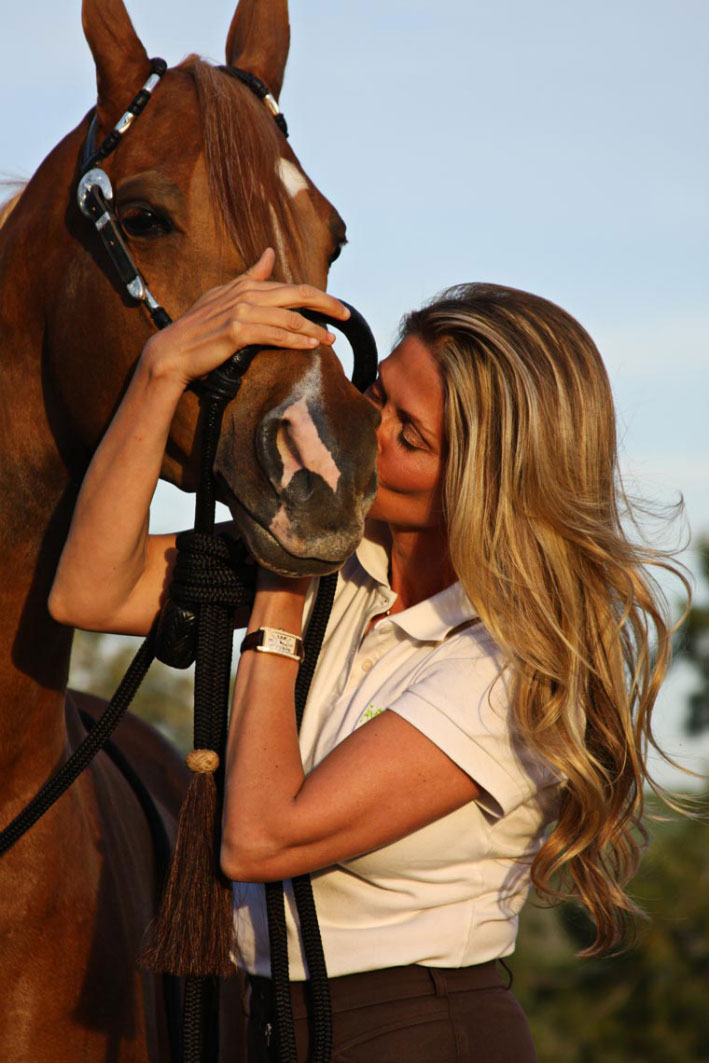Careers: Horse Breeder

Horse breeders raise and sell horses for racing, performance, and recreational use. They select horses with desirable characteristics and oversee breeding procedures. The completion of an animal science bachelor’s degree program can provide the educational foundation for breeding horses.
Job Description for a Horse Breeder
Horse breeders evaluate animals, direct breeding procedures, and oversee the general care of horses. They combine scientific knowledge and experience to eliminate unwanted traits while retaining desirable characteristics in offspring. Desirable qualities can vary by intended use of the animal. Recreational riding generally only requires a horse with a calm, quiet demeanor, while horses for performance and racing must meet exacting physical standards.
These equine professionals might also have administrative responsibilities, including record keeping, marketing, and sales. They can also coordinate and manage the work of other professionals, such as animal handlers, veterinarians, artificial insemination technicians, and geneticists.
Duties of a Horse Breeder
The process of selecting mares and stallions to breed begins with researching pedigrees, genealogical records that include physical characteristics of an animal’s ancestors. They also research health histories of animals to increase chances of reproduction and avoid inherited conditions, such as hemophilia and hip dysplasia. A breeder might contract the services of bloodstock agents, who specialize in pedigree information and evaluation.
Horse breeders consult with or employ other animal science professionals to determine when a mare is ready for insemination. Breeders carefully manage the nutrition of stallions and mares and must consider behavior and age when deciding to use artificial insemination or more natural mating techniques.
Aside from reproduction, breeders are responsible for the day-to-day care of horses and their offspring, including feeding, exercise, and vaccinations. They keep pedigree and health records for their own animals and treat minor illnesses and injuries.
Career Options
Horse breeders tend to specialize by focusing on the production of a single breed that interests them. Thoroughbreds, Arabians, and American Quarter Horses tend to be the most popular choices for breeding operations, though Warmbloods are becoming increasingly popular. Some breeders also specialize in producing and marketing horses for a specific purpose, such one intended for racing or show jumping.
Education & Training
While no specific degree or training is required to begin a career as a horse breeder, many in the industry do have a college degree in a field such as Animal Science, Equine Science, Equine Reproduction, or a related area. Such as anatomy, physiology, reproduction, genetics, nutrition, and behavior. Courses in marketing, communication, and technology are usually beneficial, as many horse breeders create their own advertising and web pages to promote their breeding program.
Most horse breeders have significant experience in the industry before they start their own breeding farm. Many start out as grooms or assistants and then rise to the management level before striking out on their own. There is no substitute for hands on experience in the horse industry.
Additionally, breeders must be familiar with the history and characteristics of the breed they intend to produce. Studying pedigrees and learning how to evaluate conformation are of particular importance.
Salary
A horse breeder’s salary can vary based on the type of horses they breed, the quality of their breeding stock, and the breeder’s reputation in the industry. High quality breeding animals (that have outstanding pedigree or performance records) produce foals that are in demand and bring top dollar when sold.
The salary a breeder earns is directly affected by which area of the equine industry they produce horses for. Top show prospects can sell for tens of thousands of dollars, while prospective racehorses can sell for millions of dollars if they have the right pedigree and conformation.
Horse breeders must also take into consideration the various costs of producing the foals that they sell. Hay, grain, bedding, veterinary care, hoof care, farm maintenance, farm vehicles, employee salaries, and insurance are just a few items that qualify as costs of doing business.
Job Outlook
The market for top horses was affected by recent economic setbacks, but seems to be rebounding. The Thoroughbred industry in particular seems to be showing signs of improvement based on rising prices at recent auctions, though profits are still nowhere near the impossibly high levels seen ten years ago.
Interest in the equine industry remains high, and many individuals seek to purchase their own animals for competition or pleasure riding. The horse breeding industry is expected to show slow but steady growth over the next decade.





